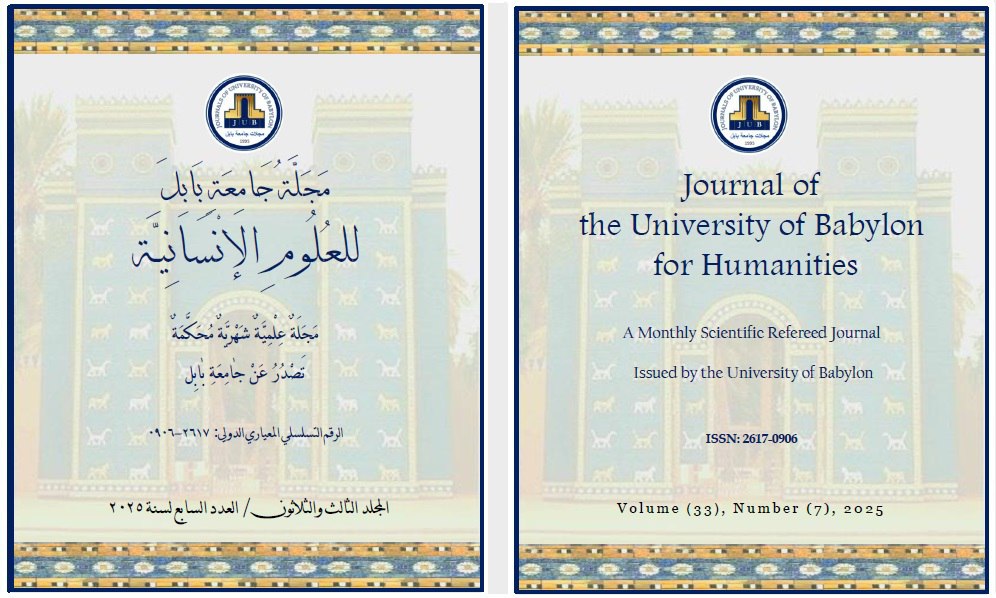A Critical Discourse Analysis of Power Dynamics in South Africa vs. Israel Case in the International Court of Justice
Main Article Content
Abstract
This paper explores the influence of specific linguistic choices on the power dynamics established in the discourse of South Africa's case on 29 December 2023 and Israel's text on 17 May 2024 in the International Court of Justice (ICJ). Critical Discourse Analysis investigates how language is employed as a tool for contesting, negotiating, and asserting power. Although political speeches participate in shaping public opinions and discourse, there is a lack of adequate understanding regarding specific linguistic strategies employed by political leaders to establish and reinforce power dynamics. Therefore, this study attempts to bridge this gap by providing answers for questions like: What linguistic strategies do South Africa and Israel employ to assert their authority and legitimacy? How do certain rhetorical devices function to influence political ideologies? And finally, why do South Africa and Israel employ these linguistic markers?
Drawing on the discourse as text dimension of Fairclough’s (1995) Three-Dimensional Model and using a qualitative and quantitative method, the study aims at extracting the linguistic choices that represent power dynamics in the discourse in question. The study findings show that South Africa used declarative negative sentences as a subtle strategy within its framework of polite language to emphasize control and domination maintaining indirectness and social harmony. On the other hand, Israel's used long and indirect sentences and many impolite expressions.
Article Details
Issue
Section

This work is licensed under a Creative Commons Attribution 4.0 International License.

